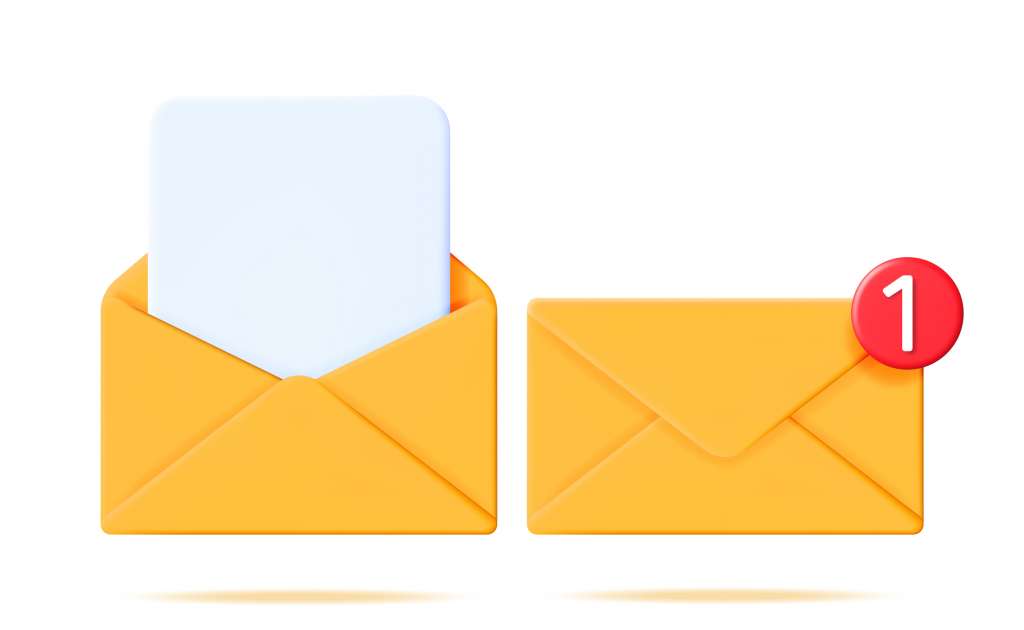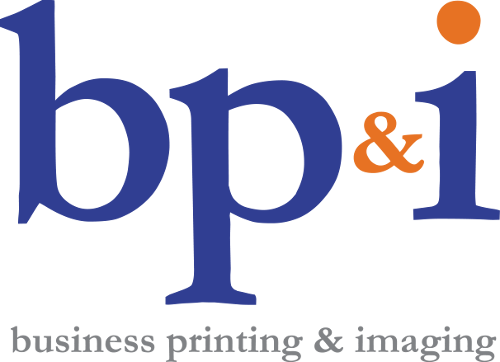The Ultimate Guide to Running a Print + Email Campaign

Print and email campaigns are not an either-or situation. Instead, they work best when paired together, thanks to their unique, complimentary characteristics.
Why print?
Print marketing has stuck around thanks to its many benefits. Print stands out from the crowd, is tangible, sticks around, and is easier to recall.
Why email?
Email helps build customer relationships, boost brand awareness, and promote content.
Email marketing has an extensive reach since there are about 4 billion email users worldwide. Due to its many benefits, 79% of marketers list email marketing in their top 3 most effective marketing channels.
A multi-channel approach to marketing is the most effective, perhaps because 72% of customers would like to connect with brands through multiple channels.
Here’s what you need to know about crafting a winning print + email marketing campaign.
The Print Campaign
A properly executed print campaign will drive sales.
1. Choose Your Audience
Create a list of people to send printed material to.
Ensure you’re sending your print to the right customers for maximum impact. Often the most receptive clients are those who have already bought from you.
2. Design the Print Marketing Piece
Ideal print marketing materials to pair with email include postcards, stickers, posters, flyers, and booklets.
3. Increase Engagement & Brand Recognition
Be sure to include…
- A call to action. Get the customer to act with a compelling call to action that gives them an offer they can’t refuse.
- Personalization. The greater the personalization, the more receptive the customer will be. Include their name and other points of personalization.
- Design. Stick to your branding guide and let someone with design experience put it together. The design can make a big difference in capturing the customer’s attention.
4. Send out a Test Run of Your Print Campaign First
Print campaigns cost money, so you want to ensure your campaign will have a high return on investment.
Do a test run by sending the printed marketing piece to a smaller section of your target market. Monitor the results, and see what went well and what you could have done better. Apply this to the primary print marketing campaign.
5. Be Patient
It can take time for results to come in.
This is in part because of the staying power of print. This means people will often set the printed piece aside on their fridge or table, which they’ll get around to later.
The Email Campaign
Email campaigns can look different ways, but below are some strategies that should help boost sales.
Putting Together Your Email List
When putting together an email list, it’s less important to worry about only sending it to the right customer because emails cost nothing.
Email’s low cost is the main reason their return on investment is $36 for every $1 spent.
Instead, the focus should be on creating email segmentation for optimal personalization. Segment the email lists based on location, buyer stage, previous purchases, occupation, hobbies, etc.
The hardest part of emails is acquiring the email list because, often, people do not want to share their personal information. Try giving them something valuable in return for their email (like an ebook, whitepaper, infographic, report, study, or template).
General Email Marketing Tips
Below are some more general email tips:
- Because 55% of emails are opened on phones, make sure the email is optimized for mobile
- Certain times lead to more opened emails than others. Research and test to find the time that works best for you.
- Craft a winning subject line. Draw the prospect in but don’t mislead them.
- Follow proven, tested templates to save time and create the optimal email design.
- Comply with email regulation laws.
Follow these tips for your optimal email campaign.
The Winning Strategy
Send a couple of emails, follow up with direct mail, and then send more emails.
The first set of emails will get your company in the customers’ minds. This way, they’ll recognize your brand when they receive the printed piece in the mail. Then, follow up with more emails to remind the customer to act.
Email allows you to reach the customer multiple times at a low cost. This is important because it usually takes about eight points of contact to make a sale.
Contact us today if you want to take your print marketing strategy to the next level by combining it with email (or vice versa)! We are here to help!
